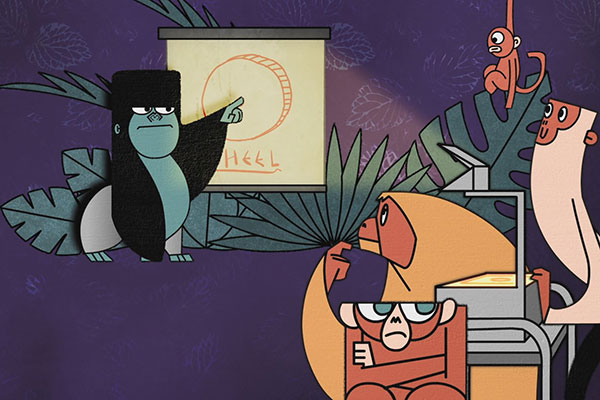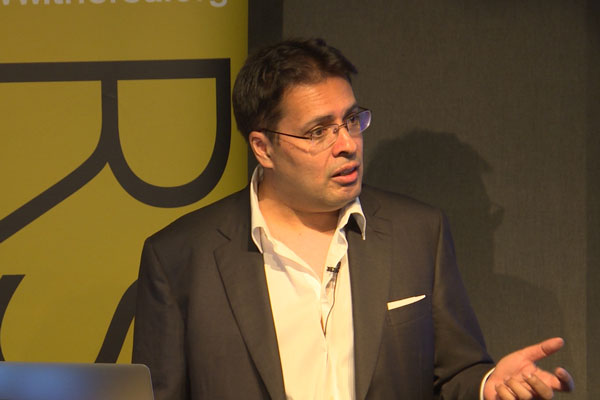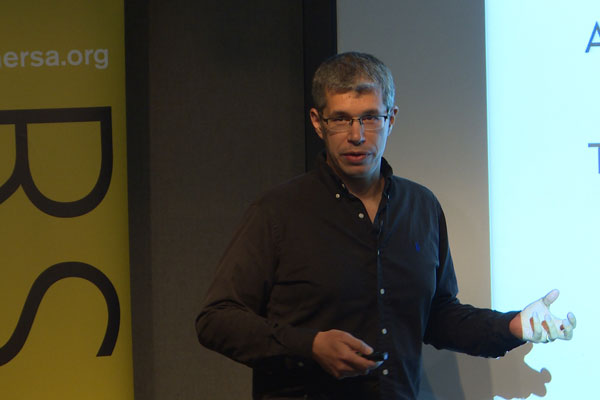Rising star and NYU academic Jennifer Jacquet argues that modern day shaming is a non-violent form of resistance that can be used to challenge institutions, organizations, and even governments in order to bring about large-scale change.
In cultures that champion the individual, guilt is promoted as the foundation of conscience. Yet while guilt can holds individuals to account, it proves entirely toothless in the face of corrupt corporate policies.
Jennifer Jacquet believes the answer to the limitations of guilt can be found in shame. While many find the idea of shame off-putting, Jacquet visits the RSA to suggest that it can be re-modelled and re-understood as a viable tool that can offset the shortcomings of guilt.
If we shame sparingly, in just the right way, in just the right quantity, and at just the right time, could it perhaps put us on the path to a more sustainable, fair way of living for all?
Video
Audio
You are welcome to link to, download, save or distribute our audio/video files electronically. Find out more about our open access licence.
Related media
-
Rebel, Upholder, Questioner, Obliger: which one are you? | Gretchen Rubin
This animation shines a light on those quirks of our psychology that make it hard to change our (and other people’s!) behaviour. Bestselling author Gretchen Rubin explains the four personality ‘tendencies’ and their respective strengths and weaknesses.
-
Dexter Dias on Why HUMANS HURT Each Other
Dexter Dias QC has identified ten ‘types’ of human behaviour; ten deeply ingrained evolutionary drives, which provide tools for decoding the best and worst that humans do.
-
Hugo Mercier on The Function of Reason
Cognitive scientist Hugo Mercier and his colleague Dan Sperber have made waves with the surprising results of years of research – that our power to reason has nothing to do with accuracy or truth-seeking.



Be the first to write a comment
Comments
Please login to post a comment or reply
Don't have an account? Click here to register.